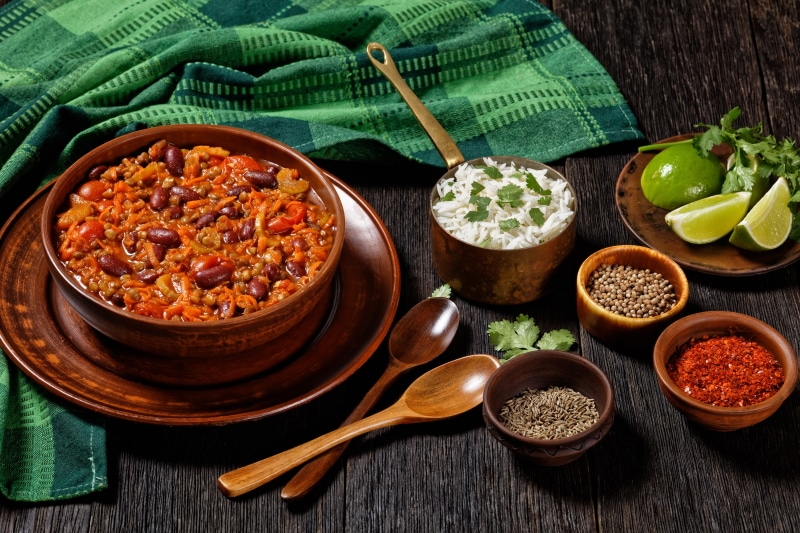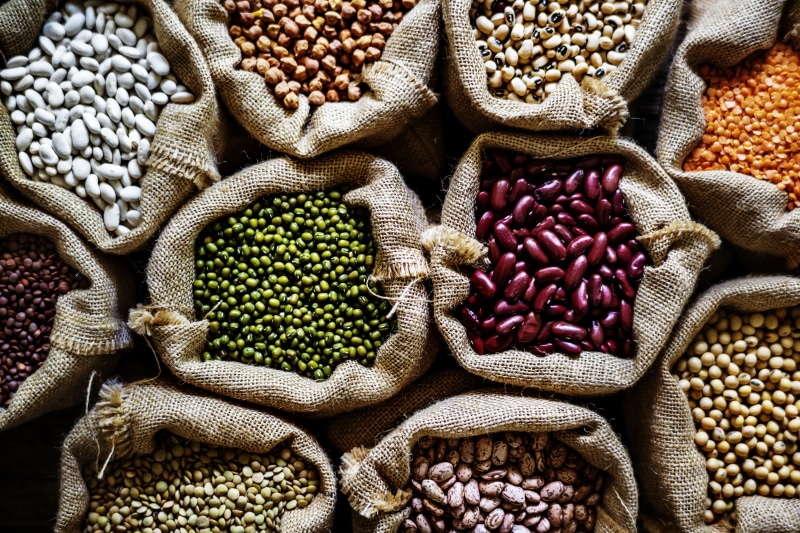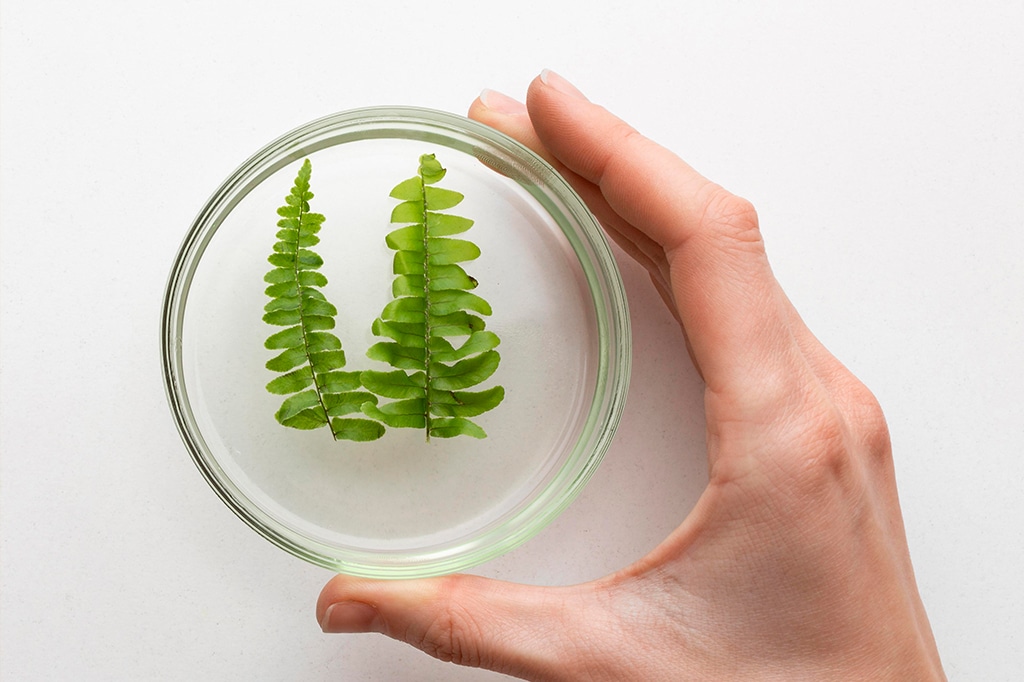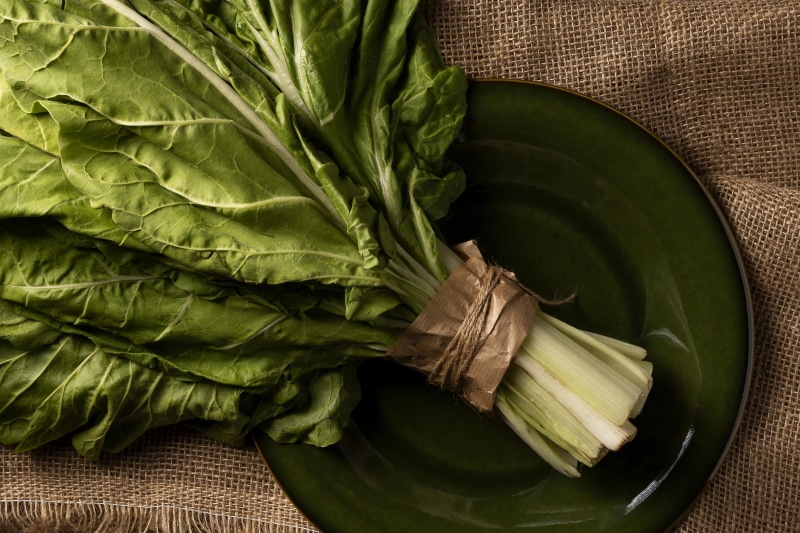A study that lasted for 16 weeks indicated that there was a correlation between eating more beans and having a lower body weight, less fat mass, and less visceral adipose tissue.
According to the findings of a new study that was recently published in the peer-reviewed medical journal, the Journal of the Academy of Nutrition and Dietetics, individuals who want to successfully lose weight may benefit from increasing their consumption of legumes while simultaneously decreasing their consumption of meat, fish, and poultry.
In the 16-week study that was conducted by the non-profit research and advocacy group Physicians Committee for Responsible Medicine (PCRM), 244 obese adults participated in the study. These participants were randomly assigned to either make no changes to their diet or to follow a low-fat vegan diet that was unrestricted and consisted of vegetables, grains, legumes, and fruit. The study found that those who followed the vegan diet lost more weight than those who did not. The researchers monitored the subjects’ insulin sensitivity, body weight, and fat mass in addition to the quality of their meals. The concluding data analysis includes information from 219 participants who saw the entire research through to its conclusion and handed in their final diet records.
According to the findings of the study, individuals who followed a vegan diet dropped an average of 13 pounds and 9.1 pounds of fat mass. When compared, the group that did not make any dietary adjustments did not experience a reduction in body weight or fat mass. In the vegan group, decreased consumption of animal products added oils, and animal fats were related to weight reduction, whereas increased consumption of fruit, legumes, meat replacements, and whole grains was associated with weight loss. Notably, higher consumption of legumes was associated with lower total body weight, as well as a reduction in fat mass and visceral adipose tissue (the hormonally active component of total body fat). There was a correlation between higher consumption of fruit and meat substitutes and lower body weight. There was also a correlation between increased consumption of whole grains and both lower body weight and a lower fat mass.

When it comes to animal products, the research found that lower consumption of eggs was connected with lower body weight and that lower consumption of high-fat dairy products was associated with both lower body weight and a lower fat mass. It was shown that cutting back on the total amount of meat, fish, and poultry consumed was linked to both weight loss and a reduction in the amount of fat mass. And lower intakes of both added animal fats and added oils were related to weight and fat mass reductions in the participants.
Chronic diseases are reduced when following a vegan diet.
The investigators also found that the vegan diet led to improvements in insulin sensitivity in the study participants. Additionally, the food quality of the vegan group improved by an average of six points as determined by the Alternative Healthy Eating Index-2010 (AHEI) score, in contrast to the group that did not make any substantial changes to their diet, which showed no significant improvement.
Dietary patterns that are related to a lower risk of chronic disease were the focus of the research that led to the development of the AHEI, which was carried out by scientists at the Harvard School of Public Health. The index is made up of foods that should be consumed on a more regular basis, such as fruit and vegetables, and items that should be consumed on a less regular basis, such as red and processed meat. The AHEI score is inversely correlated with the likelihood of developing chronic diseases.
According to Hana Kahleova, MD, Ph.D., director of clinical research at PCRM and a study co-author, who was quoted in a release as saying, “Our research suggests that the best strategy to enhance the quality of your health is to increase the quality of the foods you eat,” the statement was read. This requires complete abstinence from animal products as well as the adoption of a vegan diet high in a variety of fruits, vegetables, grains, and beans.

Does a vegan diet help you lose weight?
Previous research of a similar nature has established a connection between consuming a vegan diet and experiencing weight loss. Findings from a study that was presented at the European Congress on Obesity earlier this year by the Steno Diabetes Center indicated that switching to a vegan diet for three months can lead to “significant” weight loss as well as a reduction in blood sugar levels. For the purpose of this study, researchers in Denmark conducted a systematic review and meta-analysis of 11 randomized trials involving 796 individuals who were either overweight or had been diagnosed with Type 2 diabetes. In these trials, the researchers compared the effect of vegan diets (followed for a minimum of 12 weeks) to the effect of other types of diets on cardiometabolic risk factors such as body weight, body mass index, and blood sugar levels, blood pressure, cholesterol, and triglycerides. The vegan diet was
Researchers at PCRM conducted a second crossover trial that lasted for 16 weeks and examined the weight loss results of participants in two groups: one group followed a low-fat vegan diet, and the other group followed a Mediterranean diet. According to the findings of the study, participants on the vegan diet dropped an average of around 13 pounds, whereas the participants on the Mediterranean diet did not experience any significant change in their mean weight.
According to Kahleova, “previous studies have suggested that both the Mediterranean diet and the vegan diet enhance body weight and cardiometabolic risk factors; but, until now, their relative efficacy had not been examined in a randomized study.” “We made the decision to compare the diets head to head and discovered that a vegan diet is superior in terms of promoting weight loss and improving health markers.”








